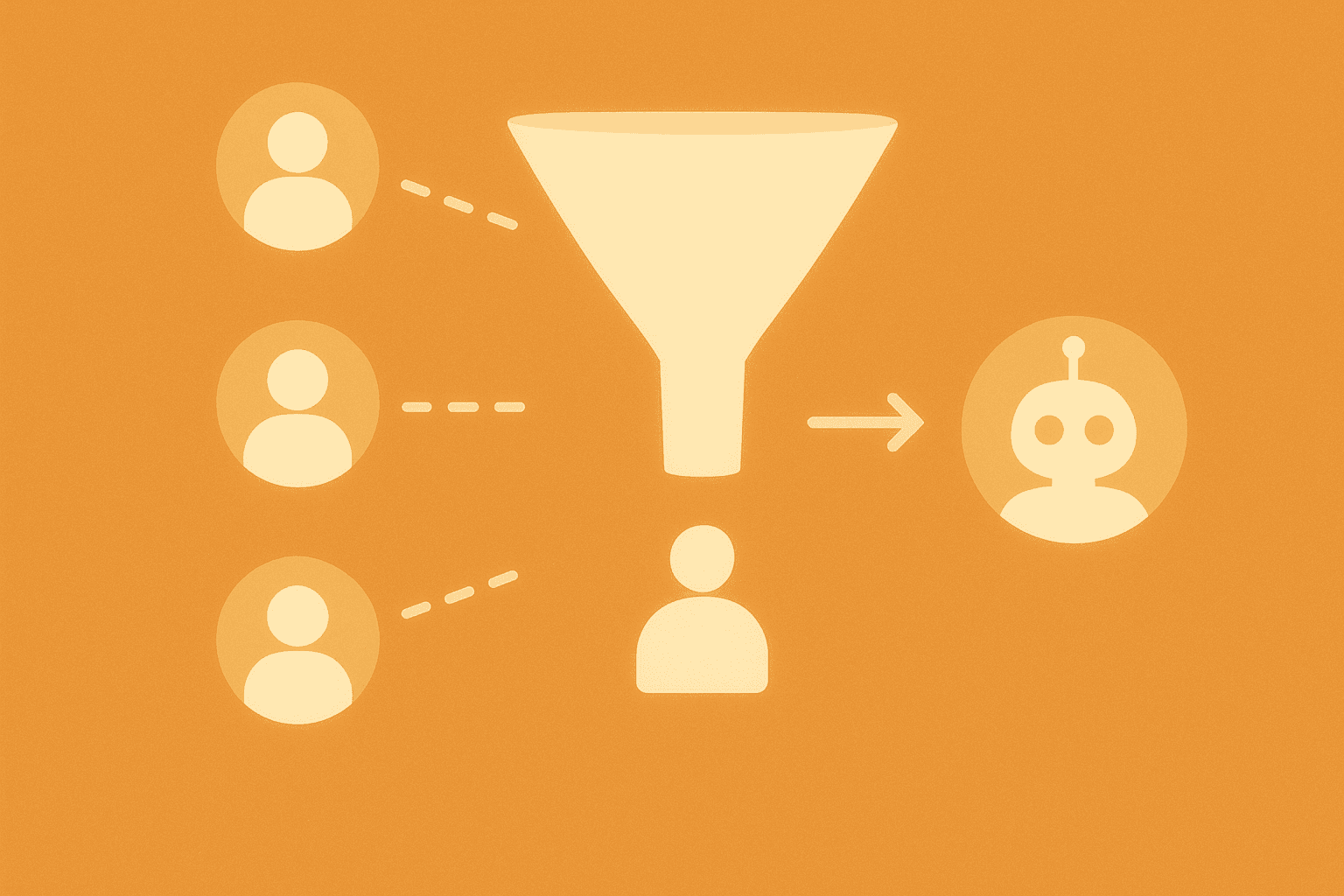
Campfire AI, a YC-backed gaming startup, is reimagining how players interact with NPCs using generative AI. Their proprietary engine, Sprites, powers emotionally intelligent, memory-rich NPCs—bringing dynamic, personalized characters to life in their debut title, Cozy Friends.
But rapid growth came with a challenge: manual lead qualification was draining time and energy from their team.
The Problem: Manual Lead Qualification Was Slowing Them Down
Campfire’s sales and marketing teams were bogged down with time-consuming research—digging through YouTube channels and social media to identify qualified leads. It was inefficient, error-prone, and kept them from focusing on building the future of AI gaming.

The Solution: Wordware-Powered Automation in One Afternoon
With Wordware, Campfire automated their lead qualification process in a single afternoon:
Built a simple app that pulled lead data from YouTube and company websites.
Applied a custom lead qualification checklist using a large language model (LLM).
Validated results with a human-in-the-loop process.
Result: Campfire now saves 100+ hours per month, freeing up resources to double down on innovation and sales.
The Impact:
Sales team focuses only on sales-ready leads.
Marketing team better understands and targets their ideal customer.
Leadership gains clarity on buyer intent and decision-makers.
Why It Works:
Custom criteria: Campfire defined exactly what makes a qualified lead.
Automated analysis: Wordware scans leads and tags them automatically.
Seamless workflow: Integrated with Google Sheets for easy tracking and iteration.
Want Results Like Campfire?
Check out Wordware to automate your lead qualification—so your team can focus on what really matters.
Learn more about Campfire’s AI-powered NPCs at campfire.to.